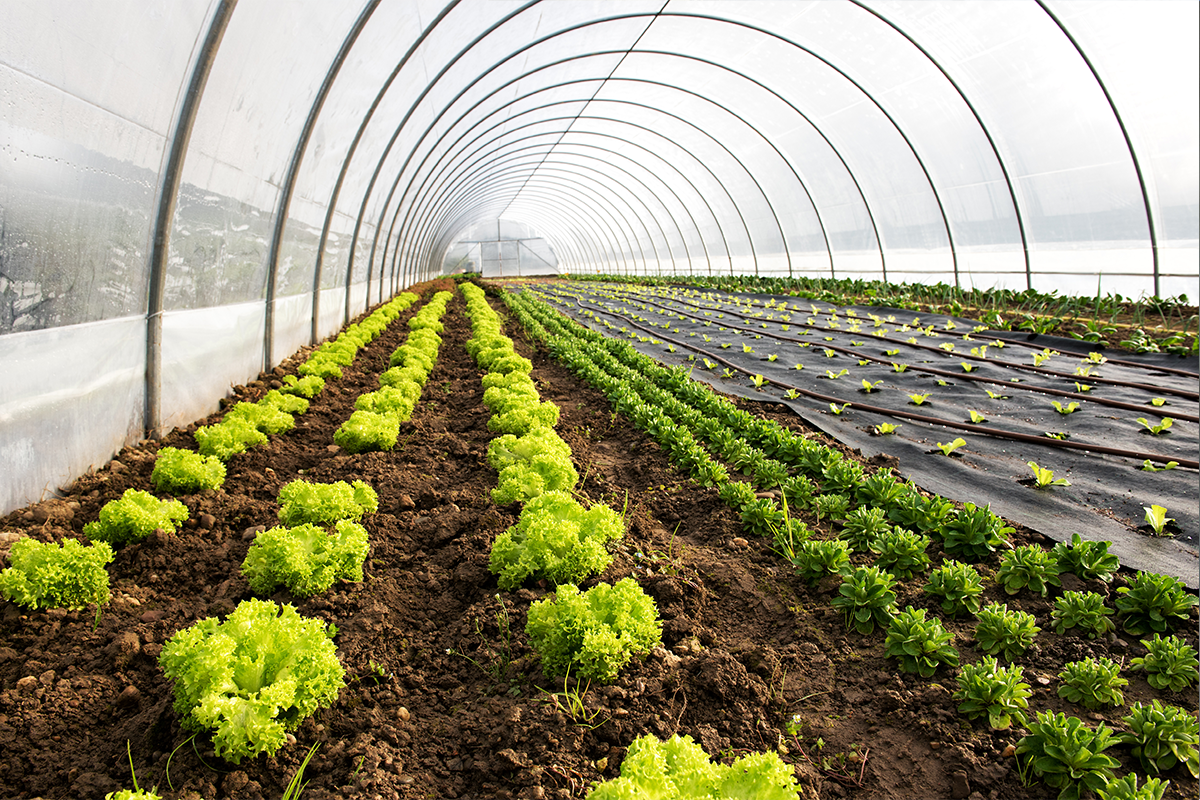Advertisement
The Next Generation of Genetically Engineered Foods
At the same time governments worldwide are talking about establishing guidelines for biotech-free foods, industry giants have done it again: the next generation of genetically engineered (GE) crops, known as biopharmaceutical crops, is about to be commercialized. The new crops, already planted in more than 300 field trials at secret locations across the United States … Continued

At the same time governments worldwide are talking about establishing guidelines for biotech-free foods, industry giants have done it again: the next generation of genetically engineered (GE) crops, known as biopharmaceutical crops, is about to be commercialized.
The new crops, already planted in more than 300 field trials at secret locations across the United States and Canada, are genetically designed to produce both therapeutic and non-therapeutic drugs, as well as industrial chemicals. Among other things, these plants can already produce an abortion-inducing chemical, growth hormones, a blood clotter, and trypsin, an allergenic enzyme. If the biopharmaceutical industry has its way, these crops will be planted at production scale and, potentially, alongside regular food crops.
According to a report by the Genetic Engineering Food Action Coalition, a network of US-based consumer and environmental groups, the release of these biopharm plants may cause food crops to be contaminated. Scientists working for the National Academy of Science in the US agree that GE biopharm crops may pose a risk by mating with crops designed for human consumption, which could lead to the ingestion of novel combinations of chemicals and have unanticipated impacts on human health. There is also the potential that insects and animals will ingest these new substances.
Corn is one of the main crops used to produce biopharmaceuticals and chemicals. Genetically engineered corn plants could make up to 10 per cent of all corn production in the US by the year 2010, according to ProdiGene, a company involved in biopharmaceutical production.
Because corn is a pollinator, it is considered a prime candidate for pollen cross-contamination with non-GE corn. Director of Friends of the Earth, Larry Bohlen, is quoted as saying: “Just one mistake by a biotech company and we’ll be eating other people’s prescription drugs in our corn flakes.” This quotation aptly describes the problem.
The GE Food Alert Coalition has condemned the planting of GE biopharm crops because containment measures to prevent contamination are not adequate. Regulatory authorities in the US especially the US Department of Agriculture are not equipped to assess the impacts of GE biopharm crops and, as a result, have allowed field trials to be conducted without proper containment strategies. This raises serious questions about the ability of governments to control the environmental and health risks of these drug-producing plants.
For more information, the report, Manufacturing Drugs and Chemicals in Crops: Biopharming Poses New Threats to Consumers, Farmers, Food Companies and the Environment, can be found at gefoodalert.org.
A History of Genetic Engineering
“First generation” GE products are mostly crop plants used for food and animal feed that usually contain one or two genes intended to render plants tolerant to insects, pesticides or herbicides.
“Second generation” GE products, also known as terminator technology, refer to genetic alterations of plants that produce sterile seeds, forcing farmers to purchase new seeds every year.
“Third generation” biotech products are often called nutraceuticals, bioreactors, biopharma or functional foods. Because third-generation processes involve agricultural methods for the manufacture of pharmaceutical drugs, it is commonly referred to as “pharming.”
Check out Greenpeace Canada’s anti-GMO Campaign by visiting greenpeace.ca/e/campaign/gmo/index.php or calling 1-800-320-7183.




